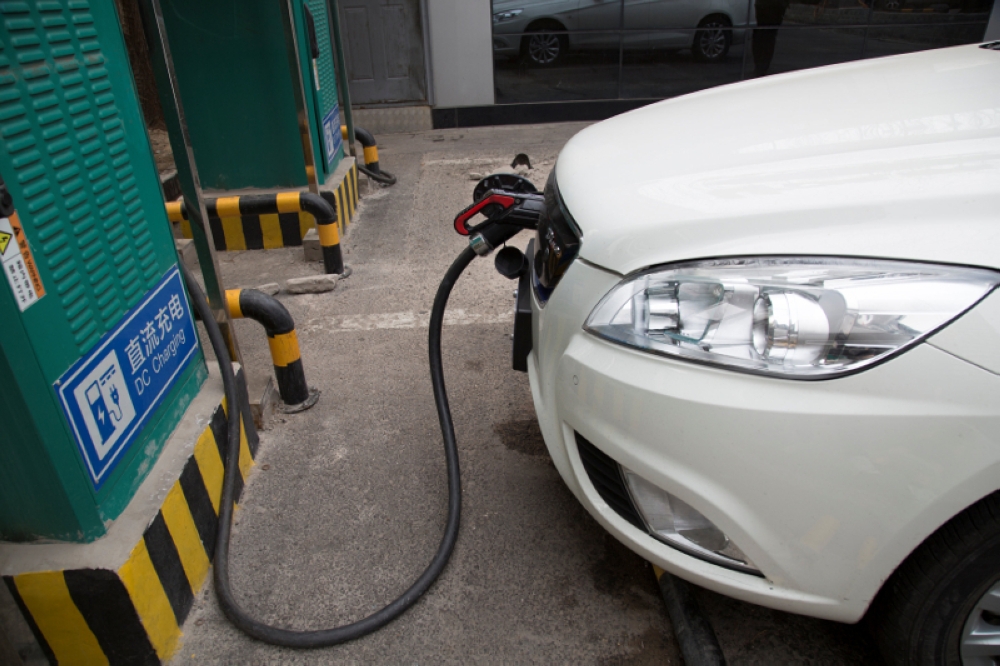FEBRUARY 14 — The Malaysian economy registered a stronger growth of 8.7 per cent for 2022, exceeding the estimate of 6.5-7 per cent made in October.
This growth performance indicates the recovery of private spending and investment, a decrease in unemployment and the strengthening of the ringgit.
However, the growth for this year is expected to moderate at 4.2 per cent as the environment will become more challenging amid more treacherous global headwinds.
This situation will be a test for the new government under the leadership of Anwar Ibrahim to outline its new strategy to support economic growth, as well as private sector confidence in the growth momentum achieved in 2022 for the sake of well-being of the people.
As a relatively small country by population, Malaysia’s economy largely depends on trade and foreign direct investment (FDI).
Therefore, among the main challenges that needs to be resolved by the government is, of course, putting correct and stable policies in place to make the nation a conducive place for investment and business.

This includes offering lucrative incentives, especially in new and fully untapped sectors such as electric vehicles (EV), in which the country is lagged behind compared to neighbouring countries like Thailand and Indonesia.
Even though the Low-Carbon Mobility Blueprint 2021-2030 has been announced, the current status and implementation of this policy is rather unclear.
Moving forward, Malaysia needs to provide a clear and up to date EV policy and direction, which aims to support the growth of the EV ecosystem, especially charging infrastructure, regulations and standards, and lucrative incentives to invest in making the country an EV production hub for this region.
*The writer currently works as Senior Manager at Perak Investment Management Centre (InvestPerak) and obtained doctorate in business administration at Universiti Sains Malaysia (USM).
** This is the personal opinion of the writer or publication and does not necessarily represent the views of Malay Mail.





















